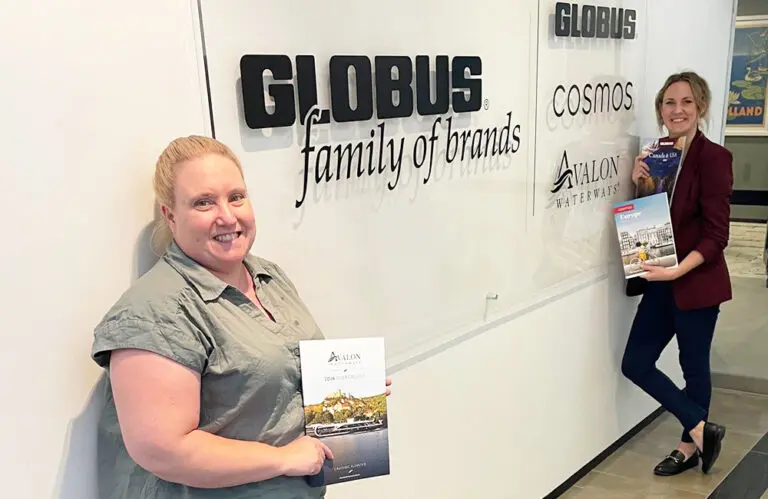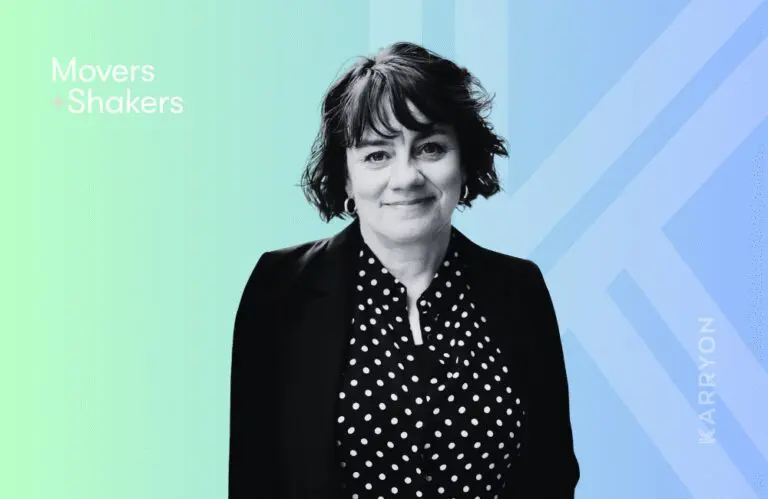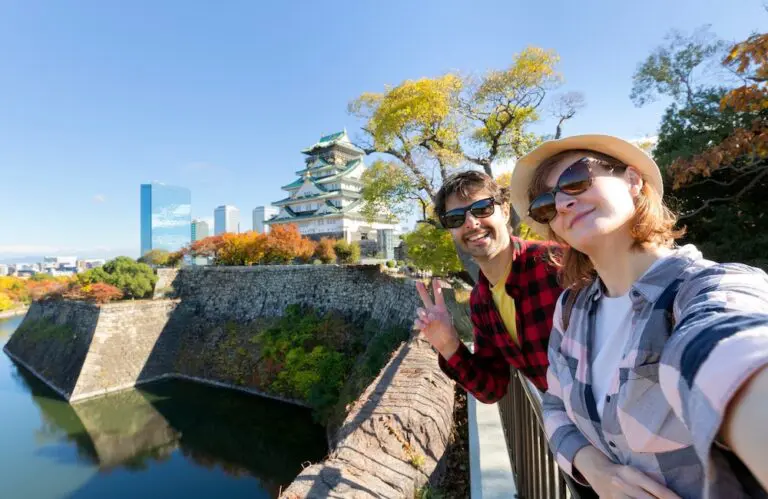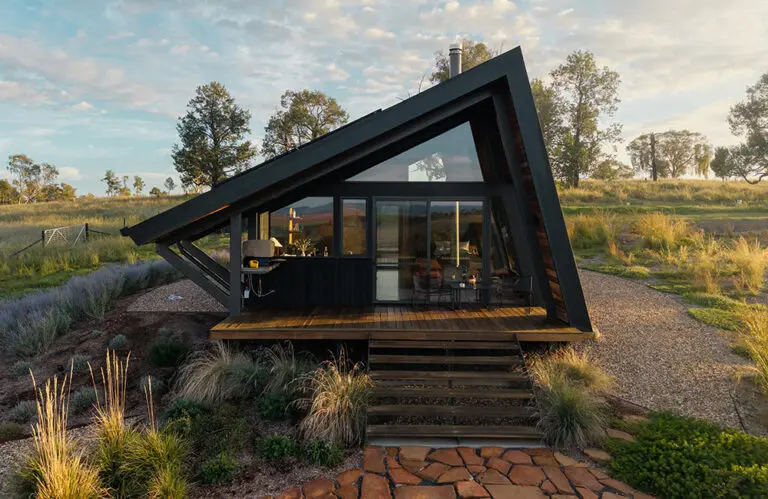At the Beyond Borders Travel Summit in Brisbane, four of travel’s influential leaders; Cinzia Burnes (Executive Director, Helloworld Travel), Graham “Skroo” Turner (CEO, Flight Centre Limited), Christian Leibl-Cote (Executive Vice President of Global Sales, Collette) and Katrina Barry (Group CEO & MD, Webjet Group), joined Australian Travel Industry Association (ATIA) CEO Dean Long for a candid, fast-paced discussion on AI, talent and the changing culture of work.
Australian Travel Industry Association (ATIA) CEO and Moderator, Dean Long opened the session by acknowledging the moment: four competitors, one stage, united in purpose.
“To have these leaders together, as one industry, is genuinely exciting,” he said.
He wasn’t wrong. What followed was an entertaining conversation full of humour, honesty and optimism, and one focussed on highlighting a collective approach.
Helloworld’s Group General Manager and Executive Director, Cinzia Burnes, underscored that ATIA represents every travel business, large and small.
“Helloworld wouldn’t exist without the many small businesses and travel agents we represent,” she said.
“I think the value of AI is incredible for a lot of things, but it’s not going to replace ‘Mary’ with ‘Mary bot’, because when you have passengers overseas with a problem [who] call… you could get the ‘computer says no’ [response],” she said, to loud laughter.
Seated next to Burnes, “Skroo” Turner also celebrated ATIAs renewed collective strength and fired off a trademark quip: “Anyone who isn’t a member, there’s something wrong with them.”
Looking back on his infamous early-2000s comment that “the internet was a fad”, he laughed, “I still get quoted on that! But AI will be a real challenge. How we cope with it as an industry will be crucial.”
Turner said he’s neither dismissive nor alarmist about AI, just pragmatic. “Technology always looks like a threat until you understand it. We’ve lived through the GDS change, the internet, online bookings, and now AI. The lesson is the same: adapt faster than your competitors.”
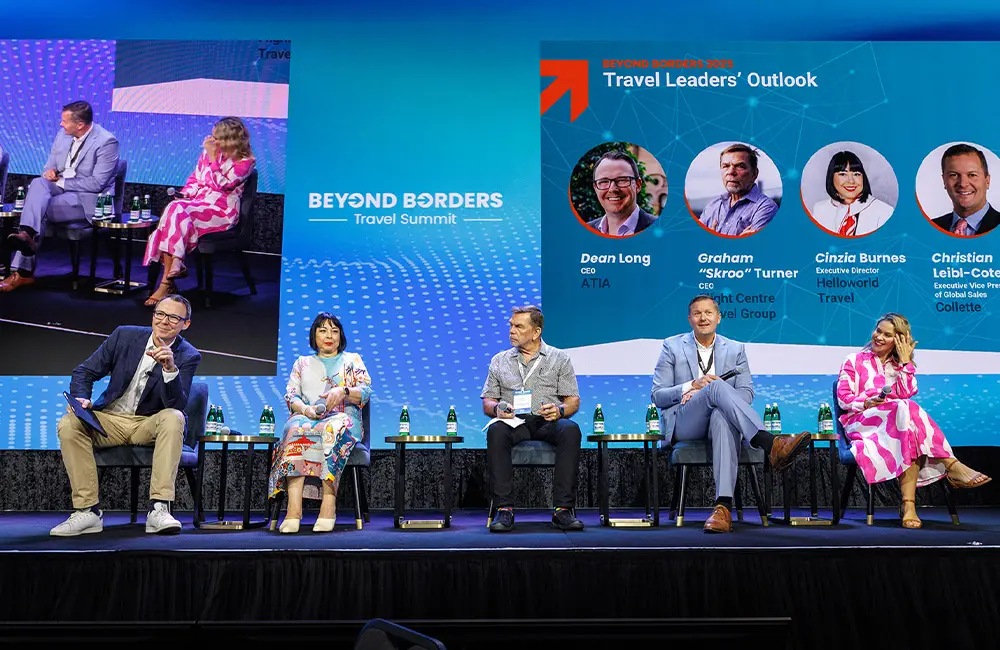
He noted that Flight Centre Travel Group is already exploring how AI can assist consultants rather than replace them. “If it can save agents from repetitive admin or give clients faster information, that’s a win. But the personal advice, the empathy, that’s where humans will always win.”
Still, he remains bullish on competition: “Having strong competition is one of the most important things in any industry. You don’t want too much of it, but worthy rivals push us forward.”
Katrina Barry, Group CEO & MD, of Webjet Group, said collaboration remains the travel industry’s biggest competitive advantage.
“I fundamentally believe we’re stronger together,” she said. “As an industry, we need one voice. Fragmentation weakens us.”
Barry stressed that trust must be rebuilt and protected. “It takes 20 years to build a reputation and five minutes to crush it. That’s why we need to be united, trusted by the public and credible to government.”
From a North American perspective, Leibl-Cote, Executive Vice President of Global Sales for Collette and a proud Canadian, echoed the need for solidarity now more than ever.
“Everything affects travel — wars, politics, borders, so having one voice and helping each other is critical.”
He noted resilient inbound travel to Canada and steady U.S. corporate recovery, alongside shifting leisure patterns. “Fewer Canadians and Mexicans are going to the U.S.; they’re coming to places like Australia and the Caribbean. People are chasing experiences that feel new and authentic.”
What travel trends are shaping 2025 into 2026?
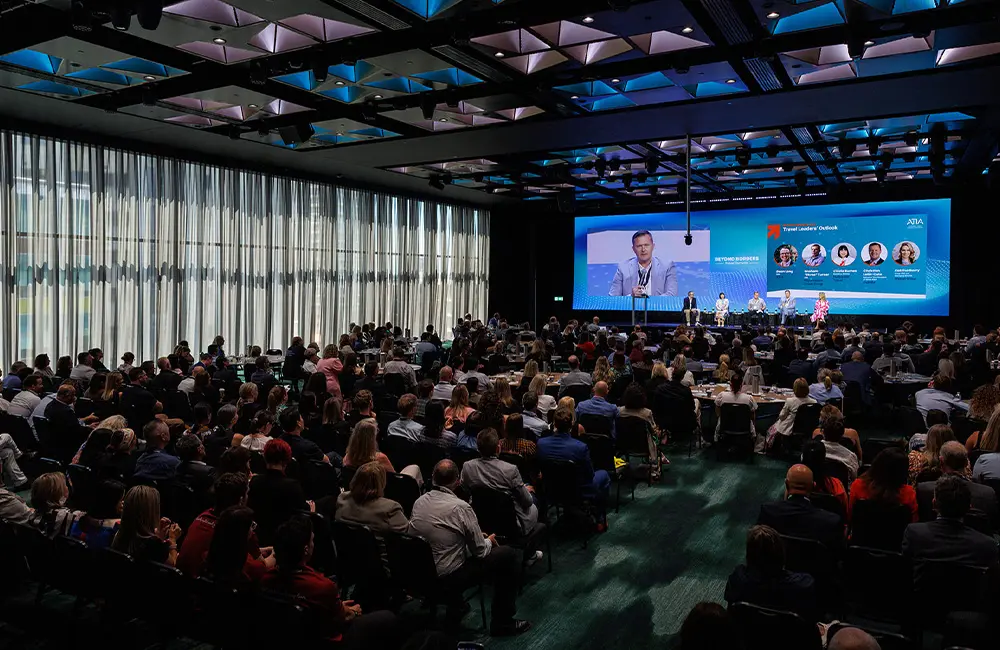
Burnes observed that travellers are changing not just where but when they go.
“Fiji’s had a great run but prices are pushing people elsewhere,” she said. “Japan is on everyone’s radar, Vietnam is booming, and cruising? It just keeps growing double digits every year.”
She also added with trademark honesty that even she struggles to fully grasp the cruise phenomenon.
“I’ll be frank. I still don’t completely understand the appeal of cruising,” Burnes admitted. “But the numbers don’t lie. Every year it gets stronger, and clearly, people love it. Maybe it’s the convenience, the value, or the sense of community, but for me, it’s a reminder that we need to listen to what travellers want, not just what we think they should want.”
Europe’s traditional seasonality is stretching, too. “People are travelling in May or October to avoid the crowds. The European season has gone from three months to almost five,” noted Burnes.
Burnes also said the United States continues to perform strongly for Helloworld, with both iconic and lesser-known destinations gaining traction. This is despite overall travel to the US from Australia dropping this year.
“We have done a lot of campaigns in less-known states, specific destinations with specific attractions, and they have been, honestly more successful than I thought they would be,” she explained.
From a Webjet perspective, Barry added, “Humans love adventure. Short-haul Asia. Bali, Thailand, Fiji is where the growth is right now.”
Elsewhere, Leibl-Cote highlighted Nordic countries, East Africa and regions such as the Yukon as rising stars.
What about workforce trends?

Shifting the conversation, no topic drew sharper truths than the post-COVID travel industry workforce rebuild.
Turner revealed that globally, Flight Centre Travel Group shrank from 21,000 staff pre-pandemic to 6,500, before rebounding to around 15,000 today. His stance on working flexibility remains firm: “Our default is five days in the office. That’s where culture and collaboration happen,” he quipped. “But I do encourage people to work from home on weekends and public holidays.”
That line brought the house down in classic Skroo fashion.
Burnes said Helloworld brought staff back later than Flight Centre but also found cooperation, not conflict in working 5-days in the office. “There hasn’t been any major walk-out. Productivity and cooperation are better in the office, no one will convince me it’s the same from home,” she said.
Webjet has struck a middle ground. “We’re three days in the office and two remote. Those in-office days create so much more connection and culture,” Barry said.
Collette, meanwhile, has gone fully remote for call-centre teams across Canada and the U.S. “We had to change our ways,” said Leibl-Cote. “[Staff] turnover dropped from nearly 30 per cent to 7 per cent. We now fly people in regularly to meet leadership and build that family connection.”
Despite varied approaches, the consensus was clear: travel’s talent rebuild isn’t finished. “The travel industry doesn’t pay a lot,” Burnes noted. “Many who left during COVID went into government jobs. We need to make travel a career again, not just a job.”
“The [ATIA] gap year program is a good initiative – we need to get more people interested early in their careers,” added Turner.
What’s next for the industry by 2028?
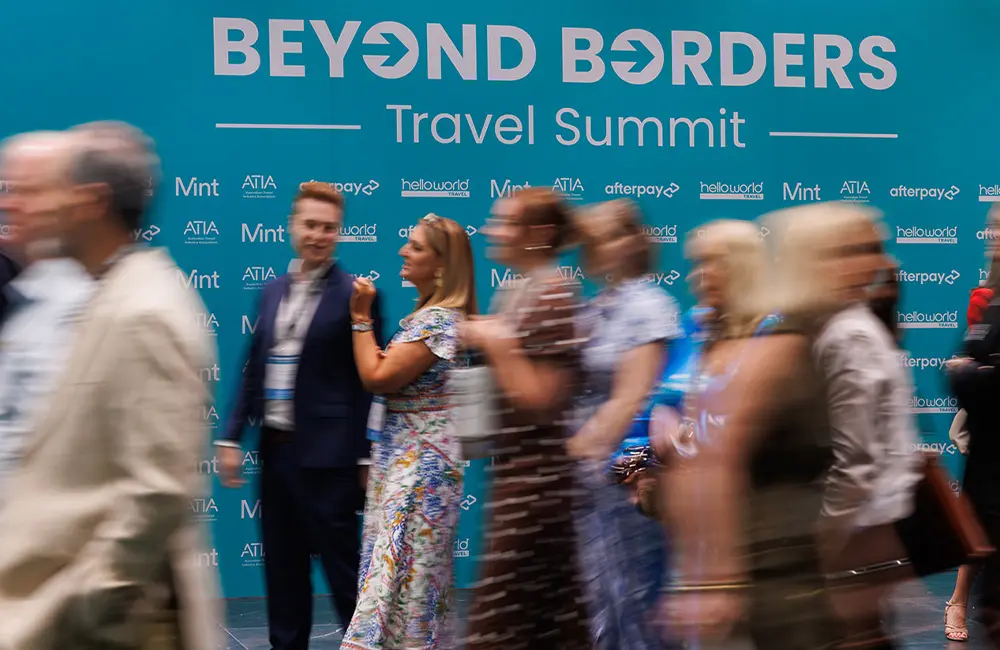
Asked to look three years ahead, Barry said: “A strong, profitable, happy industry, aligned in strategy and vision.”
Burnes added, “Airlines will go back to paying 12% commission [cue more audience laughter], ATIA membership will be compulsory, and as long as we apply actual intelligence to artificial intelligence, we’ll thrive.”
Leibl-Cote pointed to opportunity: “We’re about to see a $90 trillion wealth transfer from baby boomers to younger generations. Governments need to understand how much travel contributes to the economy.”
And Turner? Ever candid. “I hope I’m still alive! But seriously, collaboration is key. Airlines don’t value us enough, but if we work together, there’s huge opportunity, especially in areas AI can’t replicate, like touring.”
“If you’re in travel, you’ve got to love chaos. Otherwise, you’re in the wrong game,” He said.
Karryon attended Beyond Borders in Brisbane. In total, 450 ATIA members, partners and stakeholders attended the summit, held at The Star Brisbane.




